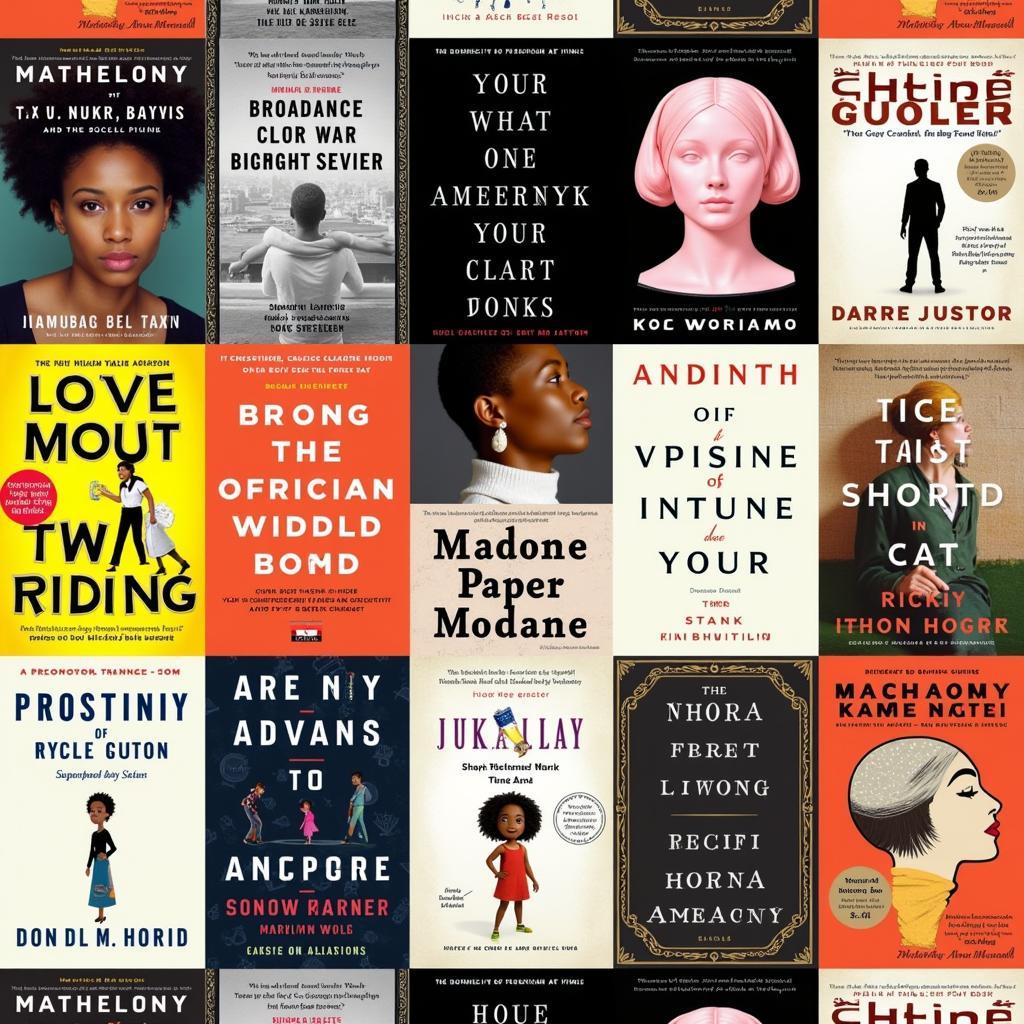African American Supreme Court Justices: A Legacy of Justice
African American Supreme Court Justices represent a landmark achievement in the pursuit of equality and justice within the American legal system. Their journeys, marked by perseverance and brilliance, have not only shaped constitutional law but also inspired generations to strive for a more just society.
Breaking Barriers: The First African American Justice
The appointment of Thurgood Marshall in 1967 marked a pivotal moment in American history. His appointment was not only a personal triumph but also a testament to the decades of struggle for civil rights. Prior to his appointment to the Supreme Court, Marshall had a distinguished career as a lawyer, most notably as lead counsel for the NAACP in the landmark Brown v. Board of Education case, which desegregated public schools. african american rights movement His unwavering commitment to justice continued on the Supreme Court where he became known for his liberal jurisprudence and fervent advocacy for individual rights.
Thurgood Marshall: A Champion of Equality
Marshall’s tenure on the Supreme Court was characterized by his commitment to protecting the rights of marginalized communities. He consistently championed affirmative action, arguing that it was a necessary tool to address historical injustices. african american affirmative action His dissents often served as powerful critiques of the Court’s decisions, highlighting the ongoing struggle for racial equality.
Continuing the Legacy: Clarence Thomas
Following Marshall’s retirement, Clarence Thomas became the second African American Supreme Court Justice in 1991. Thomas’s confirmation was highly controversial, marked by allegations of sexual harassment. His conservative judicial philosophy often stands in stark contrast to Marshall’s, creating a complex dialogue about race, ideology, and representation within the legal system.
Clarence Thomas: A Different Perspective
Thomas’s jurisprudence is rooted in originalism and textualism, leading him to often take positions that diverge from traditional civil rights advocacy. affirmative action african american He has been a vocal critic of affirmative action, arguing that it perpetuates racial divisions. His views, while often generating controversy, represent a distinct voice within the ongoing discussion about race and equality in America.
Ketanji Brown Jackson: A New Chapter
In 2022, Ketanji Brown Jackson made history as the first African American woman appointed to the Supreme Court. This groundbreaking appointment marks a significant milestone in the journey toward a more representative judiciary. Her extensive legal background, including experience as a public defender, brings a unique perspective to the court.
Ketanji Brown Jackson: Expanding the Conversation
Jackson’s appointment not only adds another layer of diversity to the Court but also expands the discourse on issues of race and gender within the legal system. african american history leaders Her presence is a testament to the evolving landscape of American jurisprudence and the ongoing pursuit of a more inclusive and just society.
Conclusion: The Ongoing Pursuit of Justice
The presence of African American justices on the Supreme Court underscores the significant strides made in the ongoing fight for racial equality in the United States. From Thurgood Marshall’s groundbreaking appointment to Ketanji Brown Jackson’s historic achievement, these justices have shaped the legal landscape and continue to inspire generations to strive for a more just and equitable future. african american marriage laws Their contributions remind us that the pursuit of justice is a continuous journey, demanding constant vigilance and unwavering dedication.
FAQs
- Who was the first African American Supreme Court Justice? (Thurgood Marshall)
- Who was the second African American Supreme Court Justice? (Clarence Thomas)
- Who was the first African American female Supreme Court Justice? (Ketanji Brown Jackson)
- What year was Thurgood Marshall appointed to the Supreme Court? (1967)
- What year was Clarence Thomas appointed to the Supreme Court? (1991)
- What year was Ketanji Brown Jackson appointed to the Supreme Court? (2022)
- What case did Thurgood Marshall argue before becoming a Justice? (Brown v. Board of Education)
When you need assistance, please contact us: Phone: +255768904061, Email: [email protected] Or visit us at: Mbarali DC Mawindi, Kangaga, Tanzania. We have a 24/7 customer service team.

